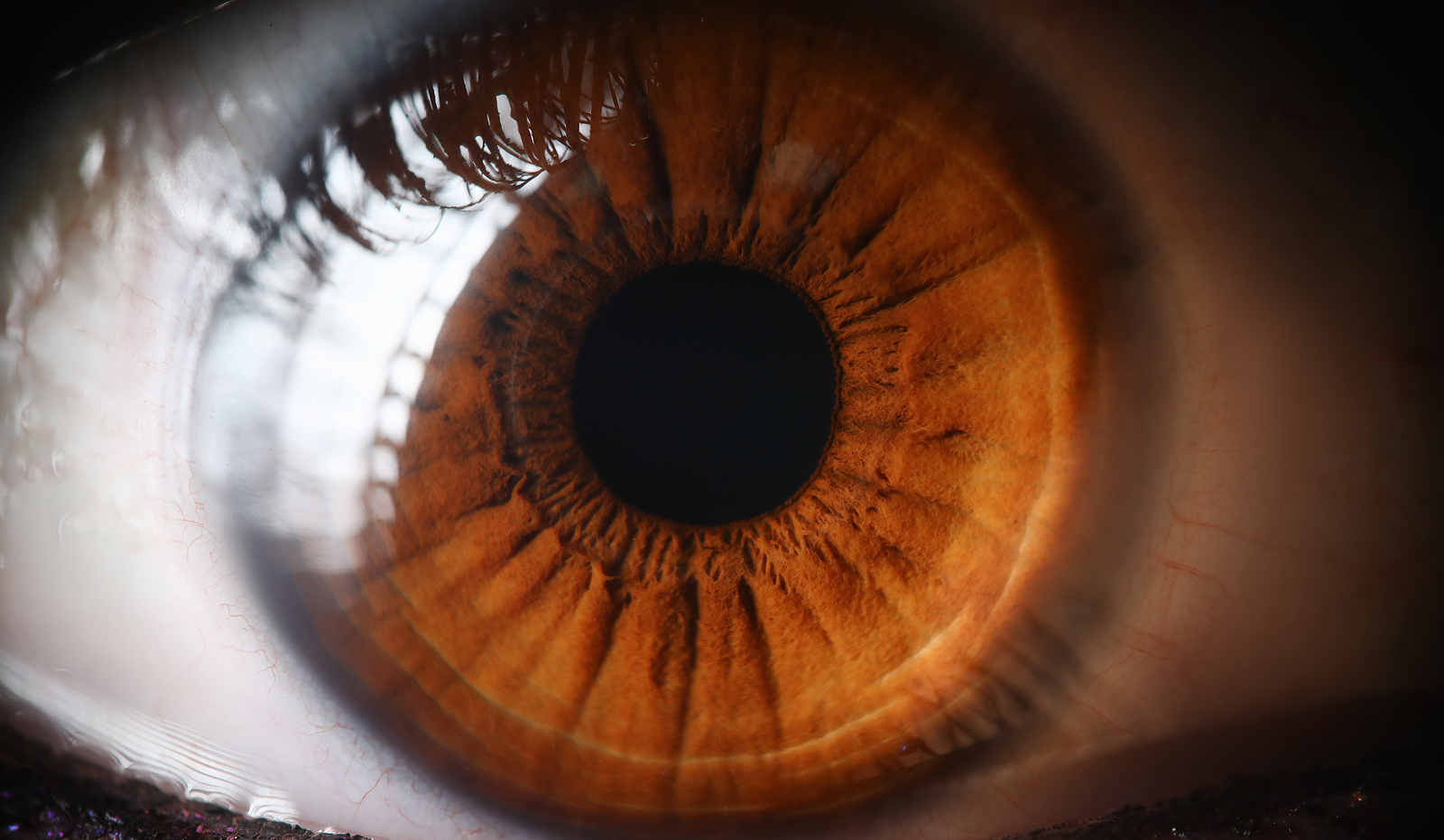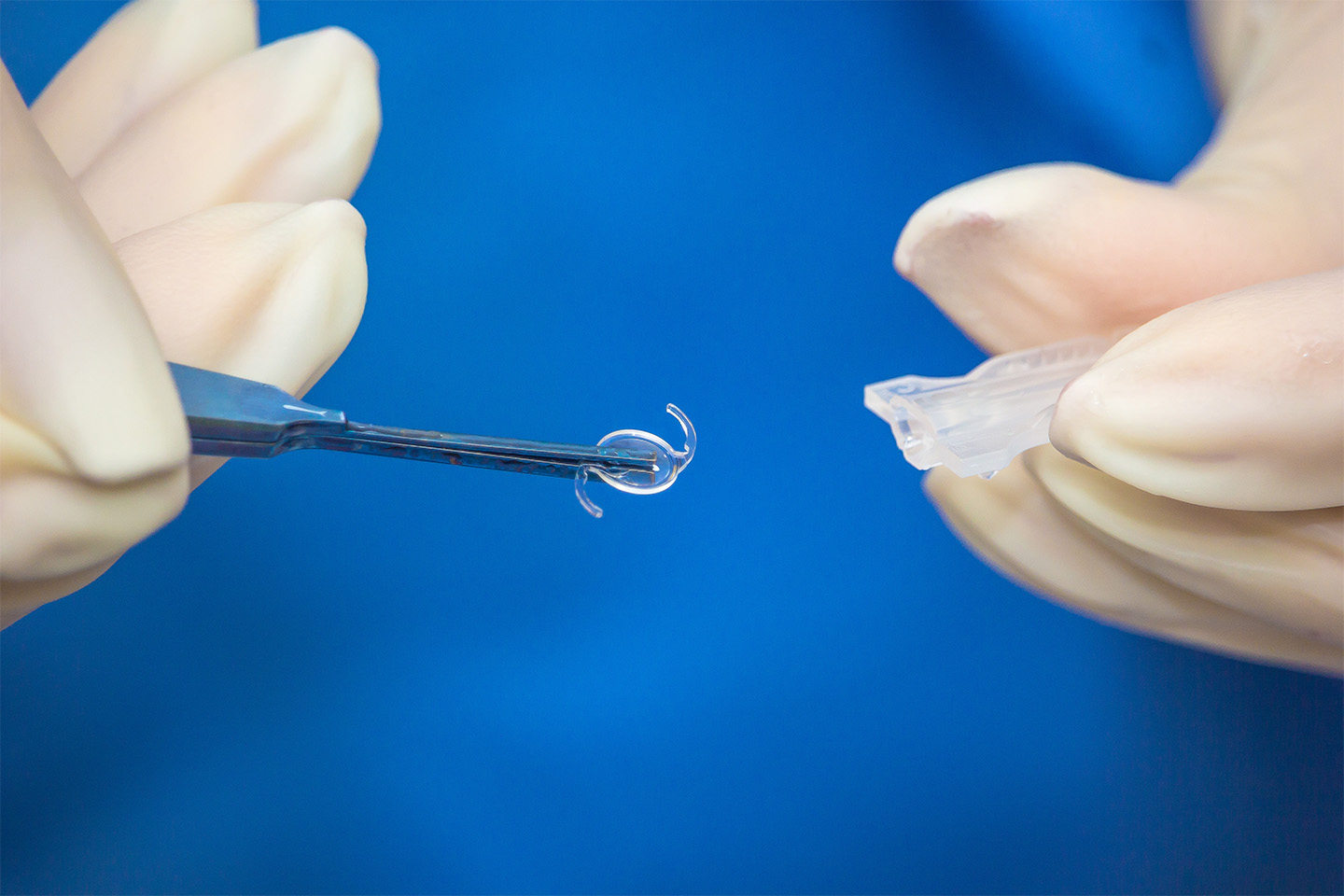10 Most Common Questions About Detached Retinas

Staying informed about certain eye conditions, like retinal detachment – whether you’re experiencing the symptoms or not – is a good way to ensure you appropriate treatment if something were to happen. And the eye care experts at Kleiman Evangelista Eye Centers have compiled a list of the most common questions about detached retinas so that you have the information you need to maintain healthy vision.
1. Can a Detached Retina Heal on Its Own?
Once a retina detaches, it will not heal on its own. So, if you begin experiencing the symptoms of a detached retina, you should seek the advice of a medical professional immediately to prevent vision loss.
However, if you are experiencing a minor retinal tear, then with close supervision and monitoring, this area may heal on its own. Keep in mind that in many cases, retinal tears can lead to retinal detachment, so it is important to seek medical advice in both cases.
2. What is the Most Common Cause of Retinal Detachment?
Retinal detachments are typically caused by aging, diabetes, or eye injuries sustained in the workplace or in sports.
There are three main types of retinal detachment that result from various changes in the eye’s structure:
Rhegmatogenous (most common) – When there is a tear, vitreous gel will leak from the eye and push the retina away, causing detachment.
Tractional – This form of detachment is caused by a build-up of scar tissue that pulls away from the retina. It typically results when diabetes damages the blood vessels.
Exudative – In exudative detachment, there is no tear. However, fluid build-up from injury, inflammation or age-related macular degeneration will separate the retina from the surrounding tissue.
3. How Serious is a Detached Retina?
Retinal detachment is considered to be a serious eye emergency that can cause permanent vision loss and even blindness when left untreated.
4. How Do You Fix a Detached Retina?
Depending on the severity and cause of your detached retina, your doctor may employ different techniques to fix your condition, including medication like corticosteroids and various surgeries to reattach the structure.
It may take months for your vision to resolve after surgery. Even after treatment, you may still need a follow-up procedure for stronger results.
5. What are the Warning Signs of a Detached Retina?
Retinal detachment is usually characterized by these signs:
- Floaters, or dark specks that pass across your line of vision
- Flashes of light
- Blurring vision
- Gray film over your eye
- Decreased peripheral vision
Generally, it is cause for concern if these symptoms become more frequent and ongoing, as one or two floaters can be a normal occurrence.
6. Can High Blood Pressure Cause Retinal Detachment?
High blood pressure itself does not cause retinal detachment. However, over time, the damage to the blood vessels that supply your retina may lead to this condition.
7. Does a Detached Retina Require Immediate Surgery?
In some cases, your detached retina can be considered an emergency requiring immediate surgery. This is especially true if your retina has been detached for a prolonged period or your macula is at risk of detaching as well.
8. What is the Surgery for a Detached Retina?
There are multiple surgical options for a detached retina, some of which will occur in your doctor’s office. Regardless of the treatment route, your operation may include laser surgery or cryopexy, a type of freeze treatment. Both of these methods will create scarring that secures the retina to the eye again.
The three most common surgeries are:
Pneumatic Retinopexy – In this procedure, your surgeon will insert a small air or gas bubble into the eye which will push the retina back into place. They will then use laser surgery or cryopexy to repair any tears or holes that caused the leakage.
Scleral Buckling – This treatment creates an indentation by sewing a silicone band to the white of the eye. It then pushes the retina toward the appropriate tissues, and your surgeon will secure it using laser or freeze treatments.
Vitrectomy – This surgery involves draining the vitreous fluid, and then follows a similar path of pneumatic retinopexy. Vitrectomy is often completed in a hospital rather than an office.
9. What is the Difference Between a Retinal Tear and Retinal Detachment?
A retinal tear is a small tear or hole in the retina. On the other hand, a retinal detachment occurs when the retina completely pulls away from the surrounding tissue and is cut off from its blood supply. The symptoms can appear the same for both of these conditions, so it is important to visit your eye doctor if you suspect a retinal tear or detachment.
When the retina tears, fluid from the eye can leak into the space underneath the tissue and rip the retina away from the back of the eye, causing a detachment.
10. Can an Optometrist Diagnose Retinal Detachment?
Yes, your optometrist should be able to diagnose your retinal detachment with a dilated eye exam. Your eye doctor will look through your widened pupil to see if there is excess fluid in the retinal space and whether your retina has detached. In some cases, your eye doctor may conduct an ultrasound or Optical Coherence Tomography to take images of the back of your eye and examine the affected structures.
Treat Your Detached Retina at Kleiman Evangelista Eye Centers
In some cases, retinal detachment is more likely after cataract surgery. Thankfully, our state-of-the-art technology allows us to treat cataracts precisely without creating subsequent problems, like a detached retina. As experts in cataract and LASIK eye surgery in Dallas, we offer a range treatment options that can address multiple problems at once.









